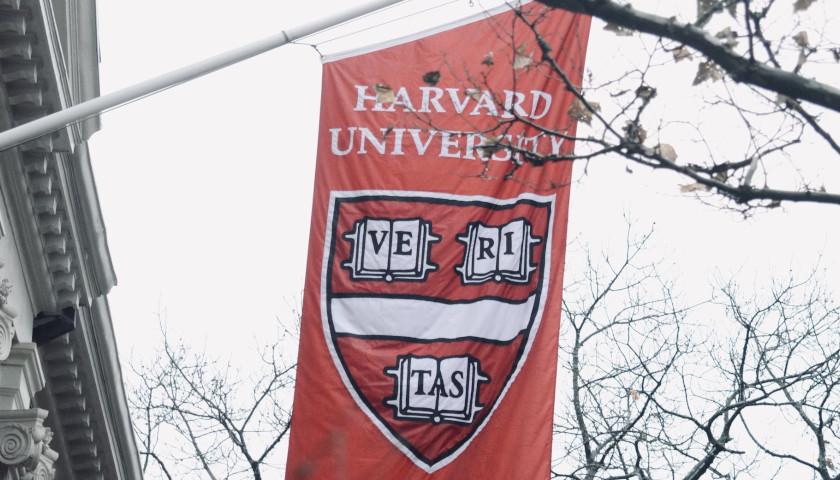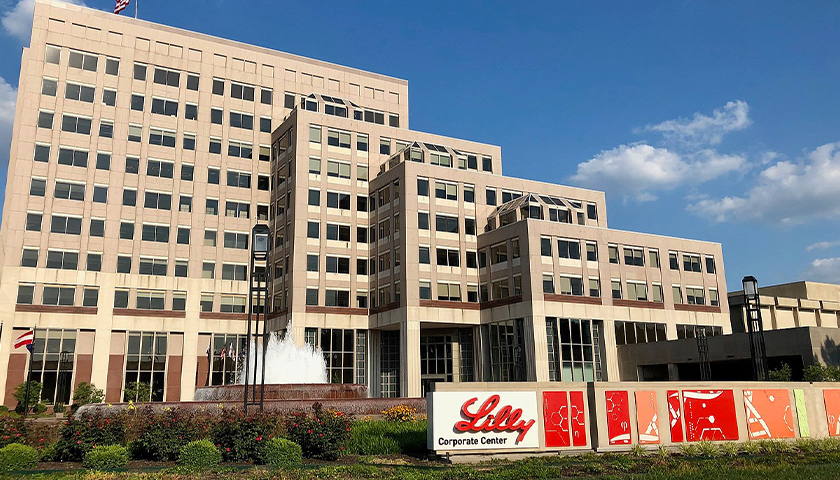Mandy Van Gorp was confident that her employer of 18 years, Eli Lilly and Company, would treat her fairly when she objected to its company-wide COVID-19 vaccine mandate. The pharmaceutical giant had promised to exempt employees with valid health or religious objections to the policy and she believed she had had both.
Despite presenting a doctor’s note in support of her exemption, citing an auto-immune disease, the company denied her request for a medical exemption. To add injury to the insult she felt, she tested positive for COVID-19 the day after receiving her rejection letter. She then appealed for a six-month deferral on grounds of the positive test. Lilly also denied that request. When she then raised her religious concerns, Lilly said she had missed the application deadline – a deadline that had lapsed several weeks before Lilly replied to her initial accommodation request.
The “toughest night was when we were sitting at the dinner table and my 12-year-old was sobbing, hysterically begging me to get the vaccine so I could keep my job,” recalled Van Gorp, a 42-year-old sales representative and mother of three. “I had to explain that my choice was not about money and that I felt God was leading me not to follow a mandate. It’s hard to explain that to a 12-year-old.”
Read More


